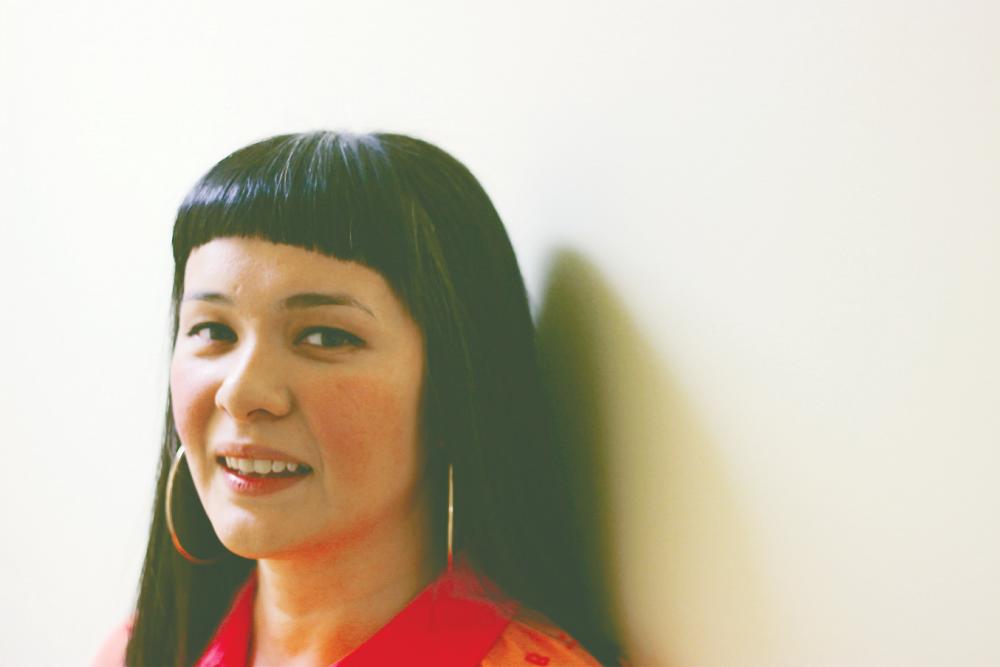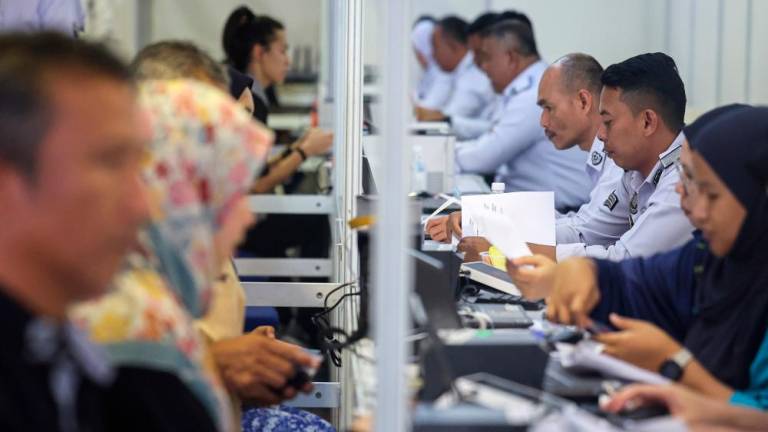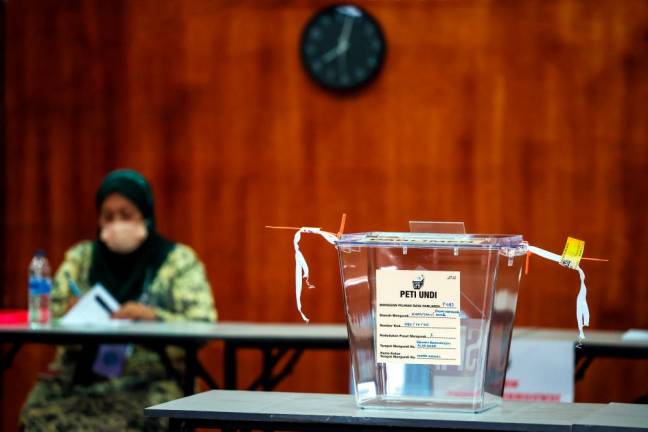THEA LIM’S latest book involves a time machine, and I bet she wishes she had one to take her back to the past and stop herself from writing down the wrong contact information!
Fortunately, after some scrambling by the book distributor, the pre-arranged tele-conference interview with Lim finally took place.
We were calling her about her book, An Ocean of Minutes, that was shortlisted as a finalist for the 2018 Scotiabank Giller Prize, which was eventually won by Esi Edugyan for her novel Washington Black.
Born in Toronto, Canada, but raised mostly in Singapore, Lim is currently back in Toronto. She is of half-Singaporean Chinese on her dad’s side and half-English from her mum.
She was working as a server at a restaurant when her first novella, The Same Woman, came out in 2007.
“I don’t know if I always wanted to be a writer,” Lim said, adding that she decided to work in restaurants and write on the side (she was also a grant writer) and see how things go within a year or two.
“I became a server after I got my undergraduate degree because I was at a loss over what to do. That turned into three or four years,” she said.
“Shortly after my novella came out, I decided that I wanted to commit to writing full time, and that is when I decided to go to graduate school and got my masters in fine arts and creative writing.”
She worked on An Ocean in Minutes for five years, until she was ready to submit it to a book agent. It took another two years to get the book published.
Books on time travel have been popular from the time of English novellist H.G. Wells, who wrote The Time Machine way back in 1895. Wells’ protagonist keeps trying to go back in time to stop the death of his beloved, and fails each time.
Unable to bear the loss, he decided to travel far into the future.
Other authors also attempted to follow in Wells’ footsteps and wrote about going back in time to undo something.
But Lim’s book, which begins in 1981, sees her heroine Polly having to time travel to the future for a corporation in exchange for a cure for her boyfriend Frank, who has fallen ill due to a deadly virus outbreak.
Polly is supposed to travel to 1993, with the lovebirds planning to meet at Galveston, Texas. However, she ends up in 1998.
Not only has she missed their rendezvous, Polly discovers that the world has changed drastically, and her chances of finding the people she loves are very slim.
Lim said: “When you think about it, most time travel novels are interested in the idea of fate. Can we change our fate? Or are we fated to make the same mistakes again? Can we somehow control our destiny?
“That is why the characters always end up going back to the past. That wasn’t what I was interested in. I was interested in trying to find a new way to explore the concept of loss, and so it was more fruitful for me to send the character into the future.”
Lim said that she based the book on how we as humans feel that we never seem to have enough time.
She decided to put her own spin on the topic of time travel, adding that “you can tell the same stories that somebody else has”.
As for the virus outbreak that prompted her heroine’s journey, Lim explained she was not thinking of any particular pandemic (for example, AIDs) when she wrote the story.
“It was just a very effective narrative trigger for the story. I was less interested in the pandemic than I was with [the idea of] time travel.
“I did find that when I put a pandemic in the story, I had to try and figure out what kind of life people would lead after that, and how it would affect the culture.”
The one thing Lim was sure about was how the story would eventually end.
Describing herself as a realist, she wanted to write realistic science fiction.
“Polly is an optimist and that is one of the endearing things about her. That is partly what keeps her going. She has this undeniable belief that everything is going to be fine.
“Even though it has been 17 years, she believes that everything will be the same between them. But I think the reader knows that it can’t really be true.
“The one thing I was more interested than the inevitability of loss is how people cope and survive it. I was interested in how in way we are all living in a post-apocalyptic world.
“We have all experience the loss of someone who is important to us and we somehow carry on. I was interested in how people manage to survive these catastrophic losses.”













